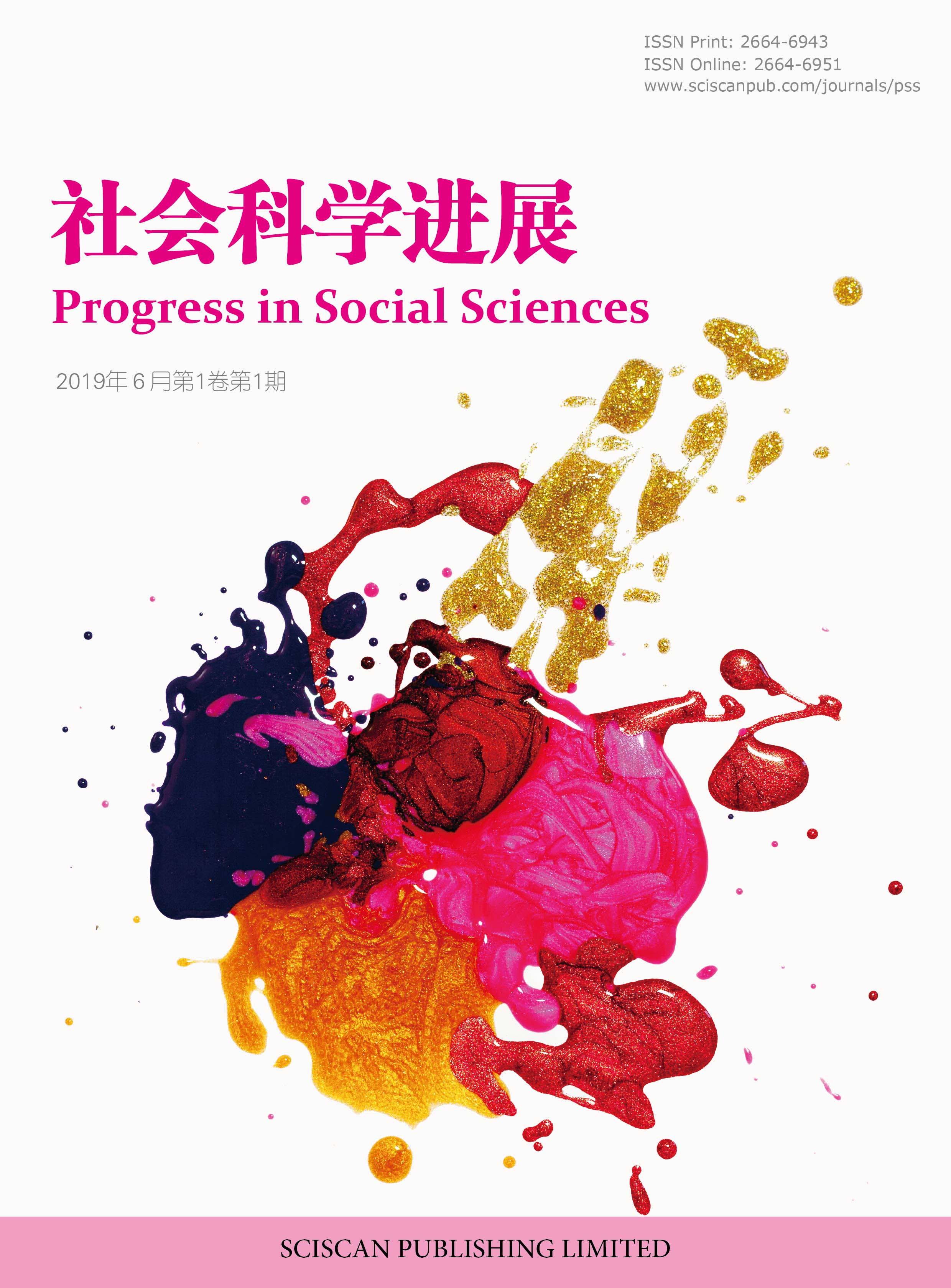Progress in Social Sciences
ISSN Print:2664-6943
ISSN Online:2664-6951
Contact Editorial Office
Subscribe to the latest published information from SCISCAN
日本“超级国际化大学”计划 及其对本科外语课程的影响 ——以立教大学和东京外国语大学为例
Super Global University Project in Japan and its Impact on Undergraduate Foreign Language Courses —A Case Study of Rikkyo University and Tokyo University of Foreign Studies
- Authors: 蔡雅萱 周宜澄 杨曈
-
Information:
东南大学外国语学院,南京
-
Keywords:
Super Global University Project; International talent; Undergraduate foreign language courses日本“超级国际化大学”计划; 国际化人才; 本科外语课程
- Abstract: In response to the development of economic globalization, the Japanese government has implemented a series of policies since the late 20th century, aiming to enhance the internationalization of universities. However, these efforts did not yield significant results. It was not until the introduction of the "Super Global University" project in 2014 that the Japanese government shifted its focus from solely attracting foreign students to guiding universities in carrying out internationalization reforms. Subsequently, universities achieved substantial reform outcomes. Taking Rikkyo University and Tokyo University of Foreign Studies as examples, this paper explores how they aligned with the requirements of the "Super Global University" project and implemented foreign language curriculum reforms in conjunction with the cultivation of international talent. On one hand, both universities implemented various reforms in accordance with the requirements of the project, such as increasing diversity and mobility, establishing support systems for international students, and enhancing the language proficiency of Japanese students. On the other hand, they also carried out foreign language curriculum reforms with their own characteristics. Rikkyo University focused on interdisciplinary curriculum reforms across the entire institution, aiming to cultivate bilingual and bicultural talent. Tokyo University of Foreign Studies divided its original language departments into different colleges with the goals of regional studies and professional applications, nurturing interdisciplinary and multidisciplinary talent primarily in the humanities and social sciences. The experiences of these Japanese universities in cultivating international talent and implementing curriculum reforms have certain reference value for Chinese universities in the development of foreign language courses. 为了应对经济全球化的发展,20世纪末开始,日本政府先后出台了多项政策,期望通过提高各校的国际化程度来更好地与世界接轨,但均未取得显著成果。直至2014年日本“超级国际化大学”计划提出,日本政府不再以单纯吸收外国留学生为目标,转而通过指导各大学开展国际化改革来提高各校的国际化程度,各大学也正是在此后之取得了较大的改革成果。以近年来在国际化课程改革上取得卓越成效的综合大学立教大学以及外语类大学东京外国语大学为例,这两所大学如何在与日本“超级国际化大学”计划的要求接轨的同时,结合国际化人才的培养要素进行外语课程改革。一方面,两所大学根据日本“超级国际化大学”计划的要求在增加多样性和流动性、建立留学生支援体系、提高日本人的外语能力等方面进行了多项改革。另一方面,它们也开展了各具自身特色的外语课程改革。立教大学主要开展的是以全校跨学科项目为中心的课程改革,致力于培养文理融合型的外语人才,东京外国语大学则将原有的外语学院划分为以区域研究型及专业应用型为目标的不同学院,培养以人文社科为主的跨学科复合型外语人才。日本大学这些在培养国际化人才方面的经验和课程改革的特点都对中国大学进行外语课程开发具有一定的参考价值。
- DOI: https://doi.org/10.35534/pss.0503018
-
Cite:
蔡雅萱,周宜澄,杨曈.日本“超级国际化大学”计划及其对本科外语课程的影响——以立教大学和东京外国语大学为例[J].社会科学进展,2023,5(3):177-193.
















